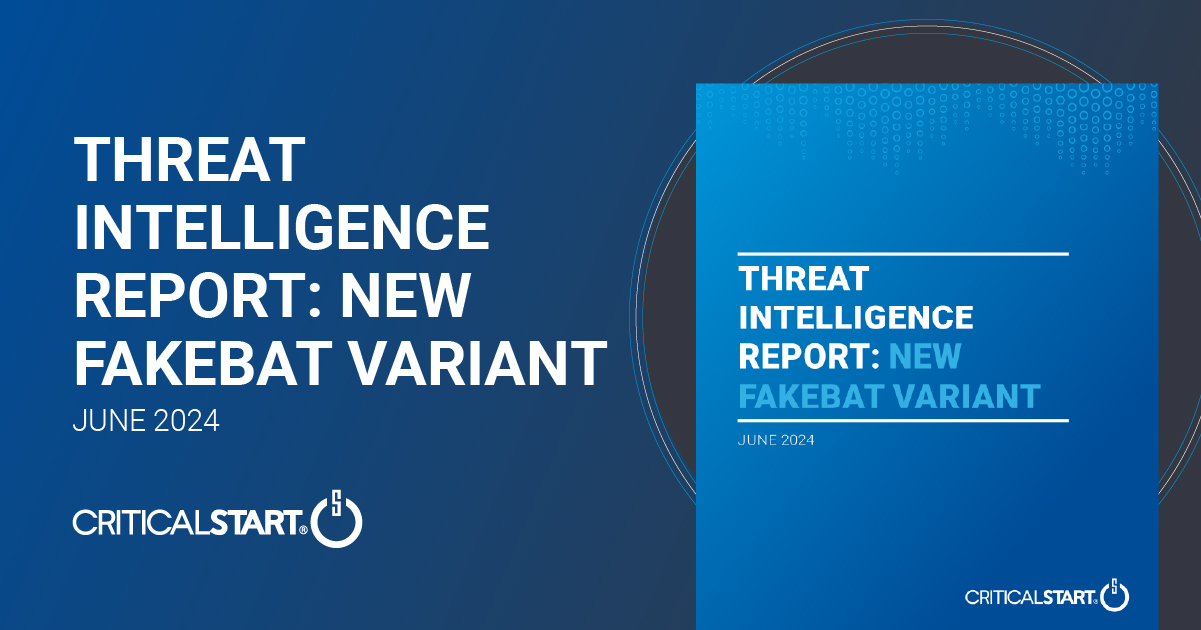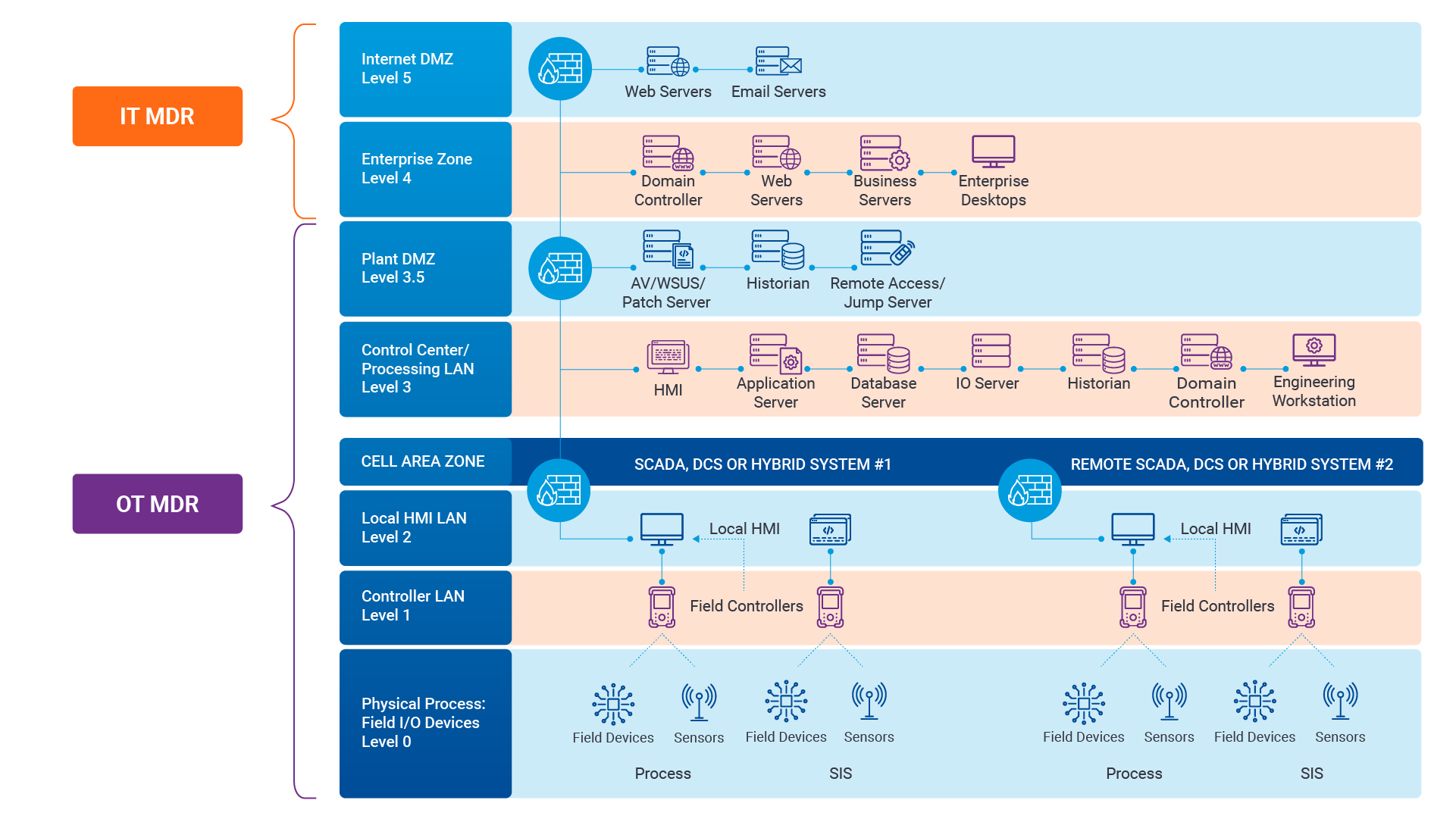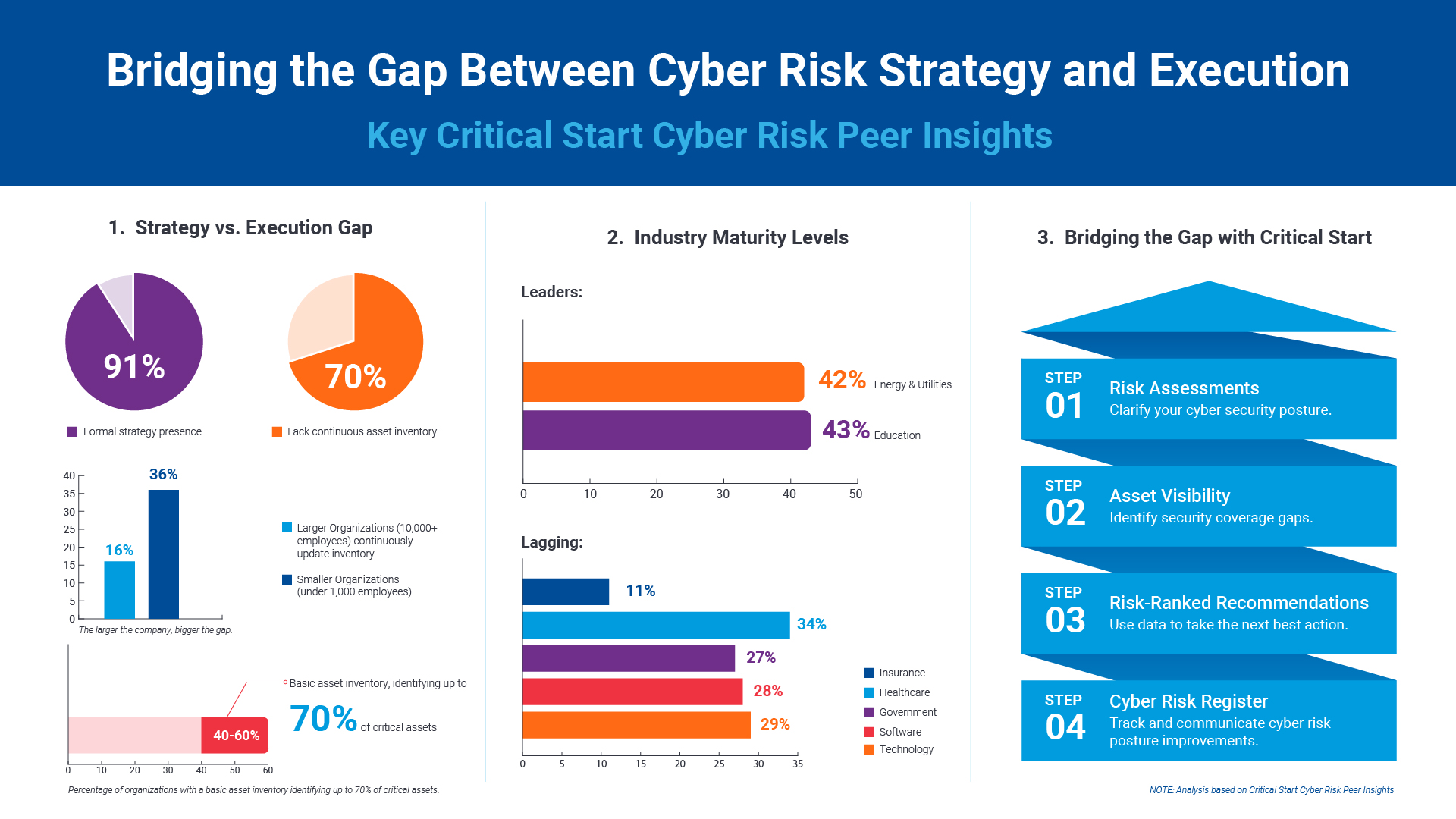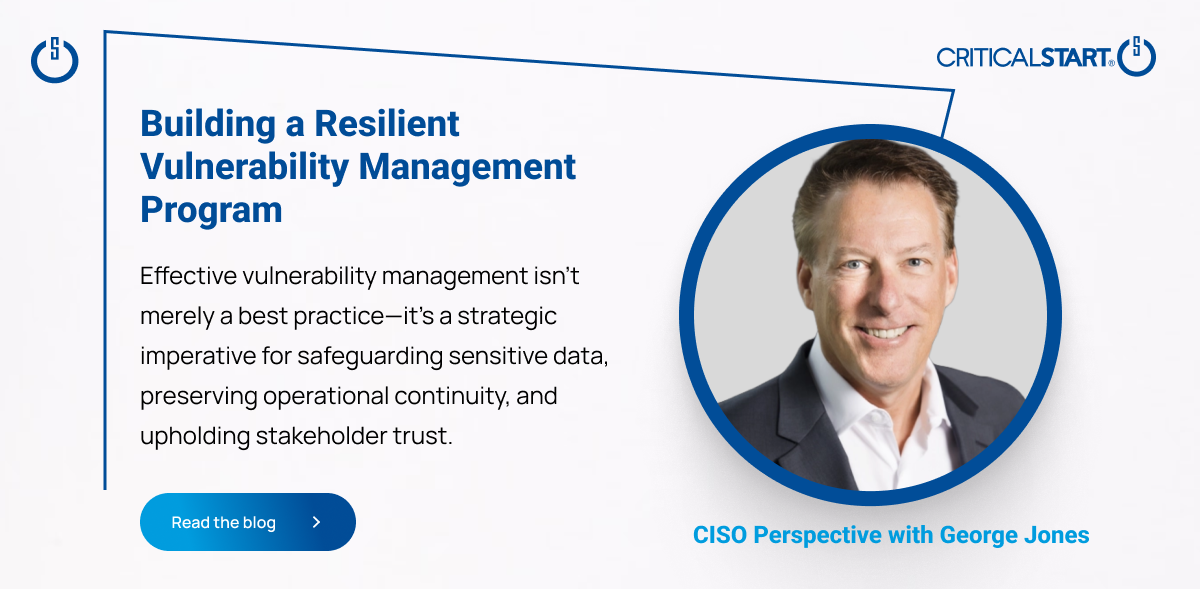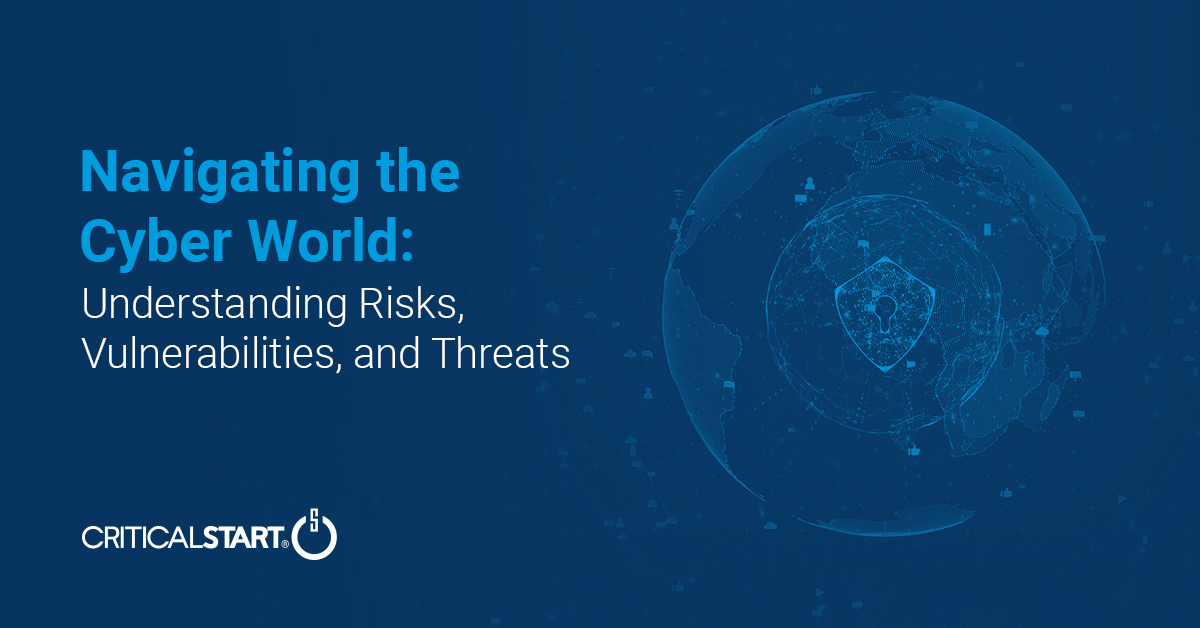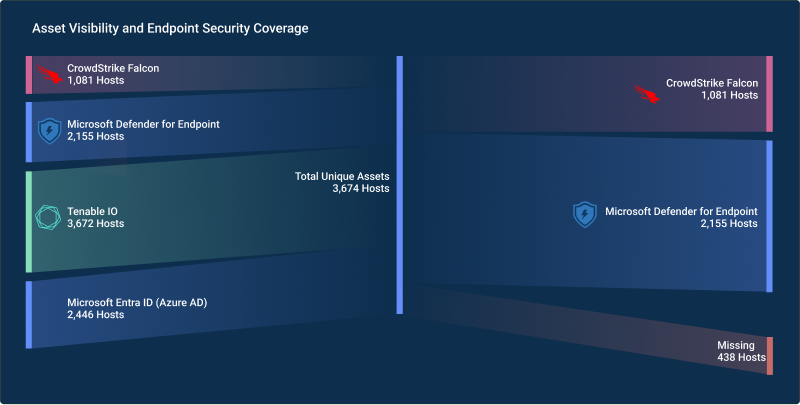- Services
- Solutions
- Why Critical Start?
- Resources
- About
- Partner Programs
- Breach Response
- Contact an Expert
- Intelligence Hub
Retail stores should be taking heightened security measures during the holiday season to protect their customers against cyberattacks, according to a cybersecurity company.
Black Friday may be more prone this year to cyberattacks as more consumers are choosing to shop online due to the coronavirus pandemic, cybersecurity company CRITICALSTART said recently.
Experts like Randy Watkins with CRITICALSTART, a Managed Detection and Response company that monitors cyber-attack detections, says extra caution is necessary when you’re digging for deals.
There are several ways to watch out for your personal information while you surf the internet to ensure your holiday shopping is “hacker free.”
“They don’t even really have to hack, they just have to convince you to give them your information,” Watkins said.
The first thing he says is to always be skeptical.
“Unfortunately, we have to live in a world of skepticism and vigilance when it comes to our security,” he added.
For all you online shoppers, he says, steer clear of site impersonations.
“An attacker will attempt to look like a large retailer and they will approach the user and convince them to log in to that website to capture the username and password,” Watkins said.
Hackers and scammers may use the large window of deals that retailers have created to lure potential victims to provide their sensitive information.
“A flood of aggressive advertising via social media and email may prompt consumers to dismiss red flags, making them even more susceptible to credential-harvesting phishing scams, account takeover and fraud,” the company said.
Consumers can protect themselves from having their information stolen from criminals in the following ways:
- Inspect “appointment shopping” offers online closely
Many stores will be offering “appointment shopping” this year to avoid hectic crowds and limit the spread of COVID-19. Before reserving an early spot you see on social media to get that deep discount, be sure to check the store or vendor’s official website to see if the offer is legitimate. - Be cautious of QR codes
QR codes, those scan-able black and white squares have also seen a rise during the pandemic. While this is time-efficient, cybercriminals can create malicious QR codes to redirect users to fake websites and steal personal data or to install malware on personal devices, CRITICALSTART said. - Distance yourself from fake accounts
Cybercriminals often use social-media scams to steal people’s data by impersonating other people’s or companies’ accounts. These types of attacks are becoming harder to spot as scammers are now using visual security questions to bypass normal safety features.
-
Pulling the Unified Audit Log
During a Business Email Compromise (BEC) investigation, one of the most valuable logs is the Unified...![]()
Announcing the Latest Cyber Threat Intelligence Report: Unveiling the New FakeBat Variant
Critical Start announces the release of its latest Cyber Threat Intelligence Report, focusing on a f...Cyber Risk Registers, Risk Dashboards, and Risk Lifecycle Management for Improved Risk Reduction
Just one of the daunting tasks Chief Information Security Officers (CISOs) face is identifying, trac...![]()
Beyond SIEM: Elevate Your Threat Protection with a Seamless User Experience
Unraveling Cybersecurity Challenges In our recent webinar, Beyond SIEM: Elevating Threat Prote...![]()
Navigating the Convergence of IT and OT Security to Monitor and Prevent Cyberattacks in Industrial Environments
The blog Mitigating Industry 4.0 Cyber Risks discussed how the continual digitization of the manufac...![]()
Critical Start Cyber Risk Peer Insights – Strategy vs. Execution
Effective cyber risk management is more crucial than ever for organizations across all industries. C...![]() Press Release
Press ReleaseCritical Start Named a Major Player in IDC MarketScape for Emerging Managed Detection and Response Services 2024
Critical Start is proud to be recognized as a Major Player in the IDC MarketScape: Worldwide Emergin...Introducing Free Quick Start Cyber Risk Assessments with Peer Benchmark Data
We asked industry leaders to name some of their biggest struggles around cyber risk, and they answer...Efficient Incident Response: Extracting and Analyzing Veeam .vbk Files for Forensic Analysis
Introduction Incident response requires a forensic analysis of available evidence from hosts and oth...![]()
Mitigating Industry 4.0 Cyber Risks
As the manufacturing industry progresses through the stages of the Fourth Industrial Revolution, fro...![]()
CISO Perspective with George Jones: Building a Resilient Vulnerability Management Program
In the evolving landscape of cybersecurity, the significance of vulnerability management cannot be o...![]()
Navigating the Cyber World: Understanding Risks, Vulnerabilities, and Threats
Cyber risks, cyber threats, and cyber vulnerabilities are closely related concepts, but each plays a...The Next Evolution in Cybersecurity — Combining Proactive and Reactive Controls for Superior Risk Management
Evolve Your Cybersecurity Program to a balanced approach that prioritizes both Reactive and Proactiv...![]()
CISO Perspective with George Jones: The Top 10 Metrics for Evaluating Asset Visibility Programs
Organizations face a multitude of threats ranging from sophisticated cyberattacks to regulatory comp...![]() Datasheet
DatasheetManaged Detection and Response Services
Human-Driven MDR Enhanced With Proactive Cybersecurity Intelligence Increase your security operation...![]() Video
VideoStop Drowning in Logs: How Tailored Log Management and Premier Threat Detection Keep You Afloat
Are you overwhelmed by security logs and complex threat detection? Watch our on-demand webinar to le...![]() Datasheet
DatasheetCritical Start MDR Services for Operational Technology
Gain 24x7x365 visibility and threat detection across Information Technology (IT) and Operational Tec...
Newsletter Signup
Stay up-to-date on the latest resources and news from CRITICALSTART.
Thanks for signing up!
